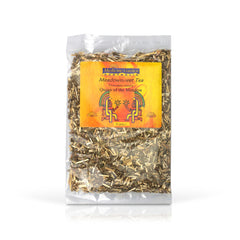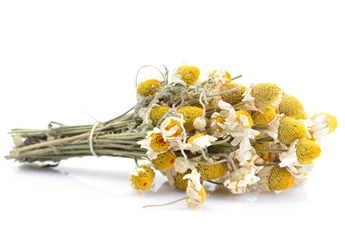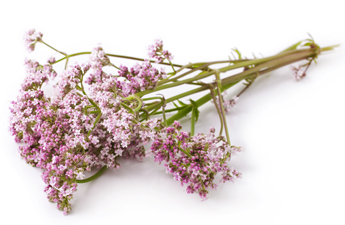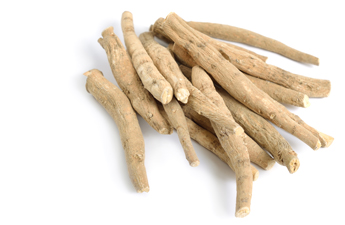Botanical name: Filipindula ulmaria
Other names: Queen of the Meadow, Meadwort
Meadowsweet has a long history of medicinal use, and was included in several important literary works of the middle ages. Common names include Queen of the Meadow and Meadwort. In fact it was one of the 3 most sacred herbs of the Celtic druids, and was used to flavour mead.
Culpeper valued Meadowsweet for drying out the body, and used it to stop bleeding, vomiting, diarrhoea and excess menstruation.
Meadowsweet is a source of salicylic acid (contained in Aspirin), and is therefore an effective anodyne and anti-inflammatory for pain relief, including rheumatic pain and headaches. Its tannin and mucilage content appear to buffer the adverse effects of isolated salicylates which can cause gastric bleeding or ulceration.
Meadowsweet is one of the top restorative herbal remedies for the stomach. It reduces excess acidity, and soothes and tones the mucous membranes of the digestive tract. It is useful for nausea, indigestion, heartburn, hyperacidity, gastritis, and peptic ulceration. It is also beneficial in reducing fevers and the pain of rheumatism due to aspirin-like compounds called salicylates.
Preparation: 1-2 tsp/cup, 3 x daily.
Reference: Matthew Wood (2008), The Earthwise Herbal, pp.255-257,
David Hoffman (2003), Medical Herbalism, p. 550-51.
Deni Brown (2002), New Encyclopedia of Herbs & Their Uses, p. 214
Meadowsweet Common Uses
Meadowsweet Actions
Meadowsweet Recipes
Meadowsweet Precautions
Not recommended in pregnancy or breastfeeding, for children under 12 years, pre or post surgery, or if on blood thinning medication. Contains salicylates.
Buy Meadowsweet online from the Happy Herb Co
![]()
Australia’s biggest range
![]()
25 years of customer satisfaction
![]()
Fast International delivery
![]()
100% secure online ordering


 Nextwave
Nextwave

